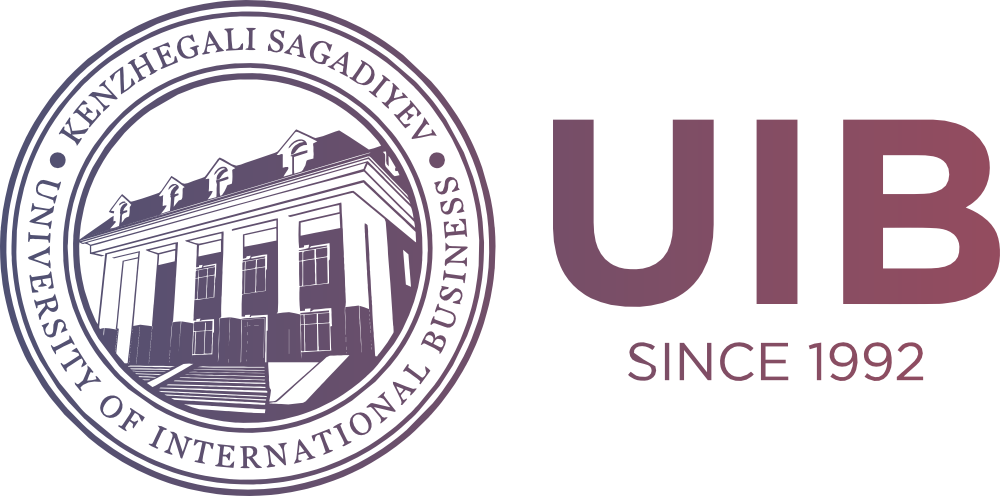Examining Monetary and Non-Monetary Incentives for Public Servants in Kazakhstan: Empirical Evidence
DOI:
https://doi.org/10.47703/ejebs.v68i2.386Keywords:
Motivation, Monetary Incentives, Non-Monetary Incentives, Public Service, SurveyAbstract
This study investigates the satisfaction of public servants in Kazakhstan with their current monetary and non-monetary incentives. A block of questions on these aspects of public service motivation is part of a significant study on Kazakhstani civil service transformation. Furthermore, the research paper determines public officials’ commitment to financially tangible or intangible motivation tools. The theoretical part examines various aspects of motivation and its types and provides an overview of the state-of-the-art public service motivation theory. At the same time, the practical part reveals both general patterns at the country and organization level and individual characteristics of the civil servant's motivation. The survey was conducted within a month, from April 19 to May 20, 2023. About 10,942 representatives of central and local public authorities participated in the survey. The more significant share of respondents (41%) pointed to the “desire to be useful to the state” as one of the main goals of entering the public system and serving the people. At the same time, according to practitioners, the Top-3 issues resist the attraction and retention of public sector professionals. There are low wages (75%), motivation (55%), and lack of competency (45%) of civil servants. Based on the regression analysis results, the group of non-financial incentives received the most outstanding commitment compared to monetary motivation tools. Particularly, the social status and agency activities serve as a basis for further research and policy recommendations.
Downloads
How to Cite
Downloads
Published
Issue
Section
License

This work is licensed under a Creative Commons Attribution 4.0 International License.
Authors retain copyright and grant the journal right of first publication with the work simultaneously licensed under a Creative Commons Attribution (CC-BY) 4.0 License that allows others to share the work with an acknowledgment of the work’s authorship and initial publication in this journal.



